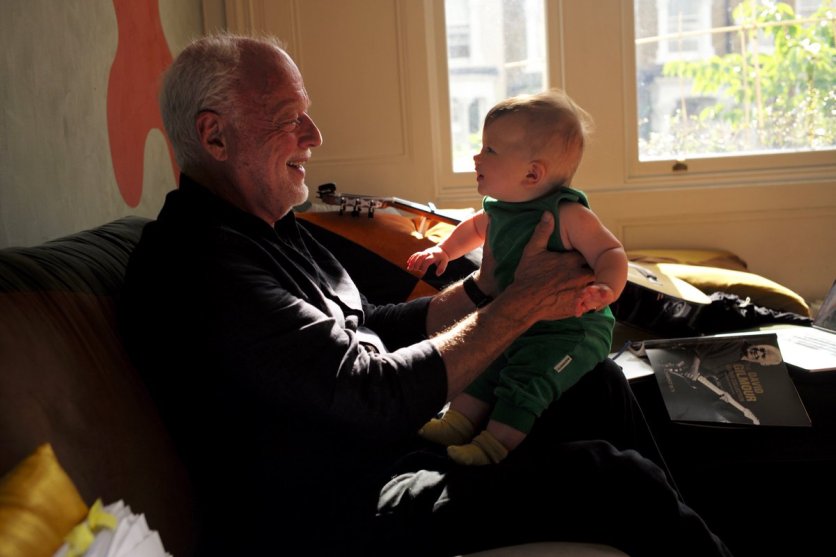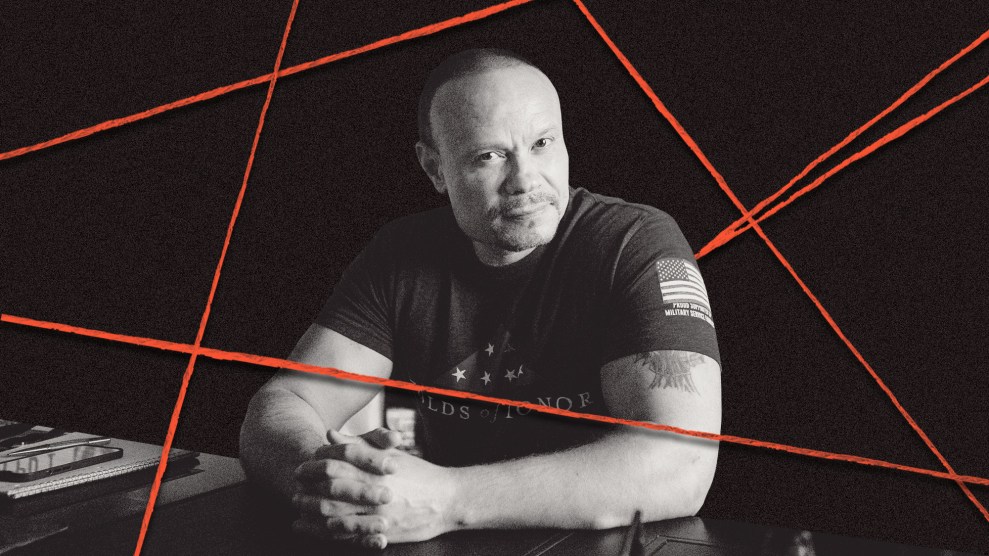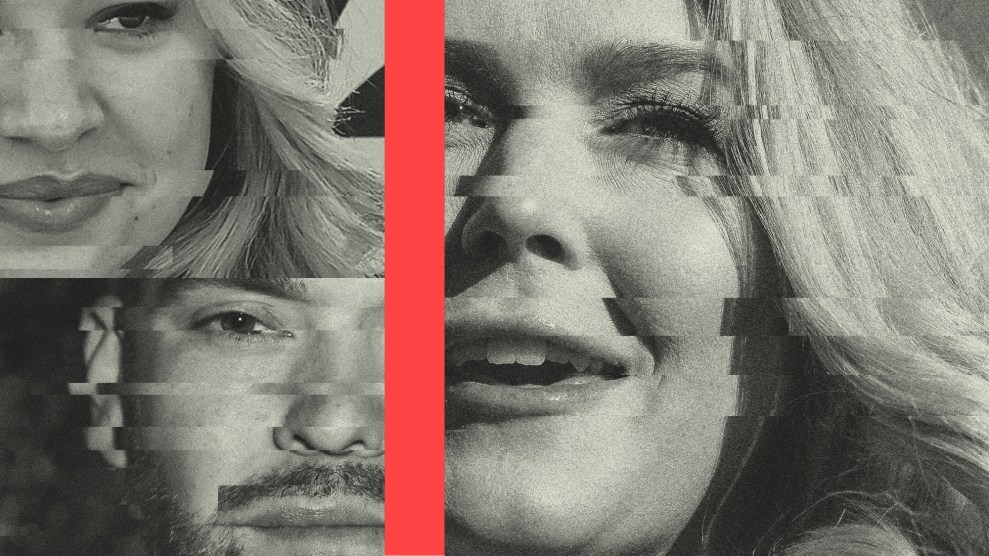
David Gilmour with his granddaughterCourtesy Polly Samson
In a normal week, I’d be telling you the story of two epidemiologists who got married in a Boston hospital during their 12-hour shifts fighting COVID-19, or the thousands of readers who rallied to the side of an iconic independent bookstore derailed by coronavirus closures. (Those readers swamped Powell’s Books of Portland with enough online orders that it was able to rehire more than 100 staffers.)
But this is no ordinary week, for a number of reasons. For this 100th Recharge, I want to share extra support in a time of profound tests—of our values, our character, and our communities. Over nearly two years, I’ve highlighted hundreds of people who have chosen to help others, often at great cost to themselves. And I’ve discovered that justice, in the face of obstacles, occasionally prevails.
Here are a few things we’ve learned. I’m saying “we” because many of the ideas and links came from readers like you:
People rise up to challenges
On the coronavirus crisis alone, we’ve covered a renowned restaurant that transformed its kitchen to prepare meals for front-line medical workers. Another story highlighted a passer-by who spotted a terrified elderly couple in a car in a supermarket parking lot, took their written shopping list, and bought their groceries so the couple wouldn’t risk catching the virus.
Children deserve better
We learned about an all-Muslim girls’ school basketball team that defeated prejudice as well as its opponents; a 6-year-old boy who donated thousands of dollars earned from his lemonade stand to help imprisoned migrant kids separated from their parents; a 12-year-old boy, called the n-word by bullies, who turned it around into a schoolwide antibullying effort; and a middle school football team, heading home after a game, whose players spotted an overturned car and came together to flip it back over, helping to save a trapped motorist.
A moment can create change
We covered a graduation speaker, her mic cut off during commencement when talking about sexual harassment, who went home and recorded it on YouTube for an audience of hundreds of thousands. We met the aspiring doctor on a train who helped save the life of a fellow commuter suffering a heart attack; and a homeless woman singing in a video, recorded by a stranger, that helped the singer win an offer from a Grammy-nominated producer.
We chronicled an artist who applied years of trauma therapy to coax the surrender of a gunman holding her and other shoppers at a Trader Joe’s. We saw how a stranger’s ignorant put-down prompted Supreme Court Justice Sonia Sotomayor to write a children’s story about how kids who are different work together to create a garden. (Sotomayor has diabetes, and her characters include people with wide-ranging experiences and conditions, including autism, asthma, and Tourette syndrome.)
Thinking about the next generation
You can pay it forward: We saluted Pink Floyd’s David Gilmour for selling his guitars for $21.5 million and donating every dollar to fight climate change; Todd Bol for envisioning a world where the installation of little libraries on people’s lawns would spur community (and kindness)—and there were more than 75,000 dollhouse-size libraries in 88 countries by the time he died. And we honored librarian Elizabeth McChesney for spending decades bringing books to laundromats to reach new readers.
“I act because I love humanity”
These words, expressed 115 years ago by the namesake of this publication, reflect the embrace of Recharge by Monika Bauerlein and Clara Jeffery and the week-after-week dedication of my editor, Daniel King, as well as his predecessor, Kanyakrit Vongkiatkajorn. A special thanks to Mother Jones staffers and readers for the ideas that made Recharge bloom. I’m off to a full-time job now, but I’ve been humbled by the opportunity to work with you to put together these inspiring roundups each week. And the show is not over! Stay tuned for similarly uplifting stories in creative new formats from Mother Jones. The beat will live on.
This newsletter always ends with a positive image. How about this irresistible Atlantic puffin, in flight and full of life, from a growing flock of once-threatened birds off the coast of Maine? To all of you, keep charging ahead.

David Beard is now executive editor of newsletters at National Geographic. Follow him on Twitter at @dabeard.


















